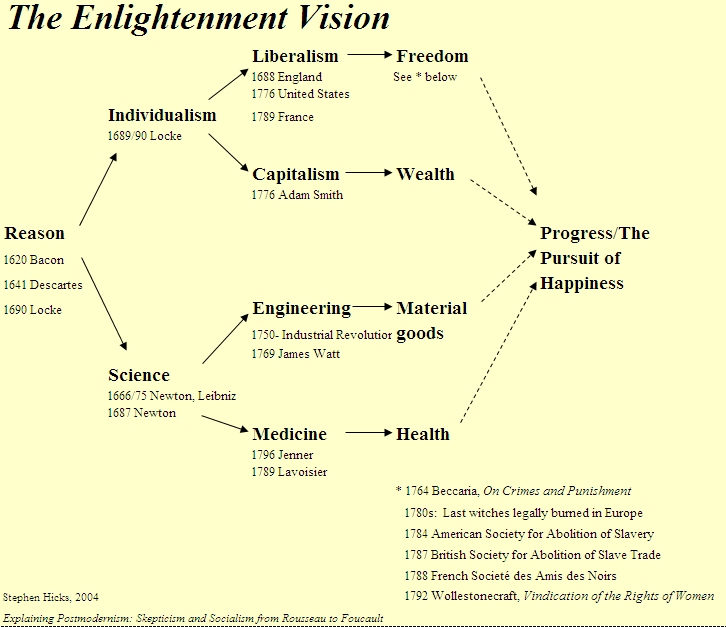*What is the Philadelphia Declaration?* — with David Kelley and Stephen Hicks
On Wednesday at 5 pm Eastern, Dr. David Kelley and I will discuss the Philadelphia Declaration of the a new 2024 venture, which seeks to mind the common cultural ground among key religious and secular groups. Its four-point mission and value statement is here: The Philadelphia Declaration For Freedom and Responsibility July 13, 2024 Preamble […]
*What is the Philadelphia Declaration?* — with David Kelley and Stephen Hicks Read More »
